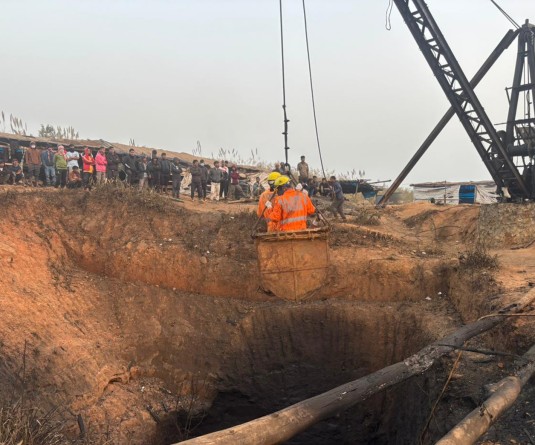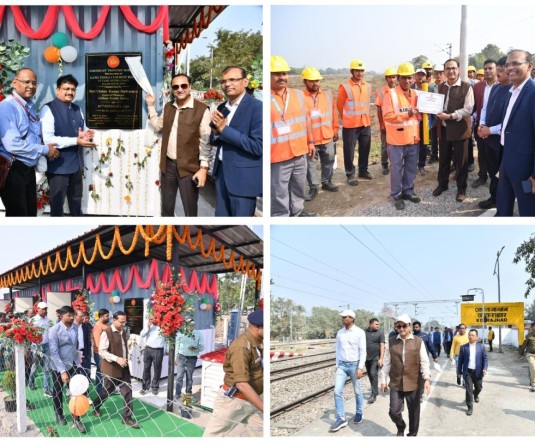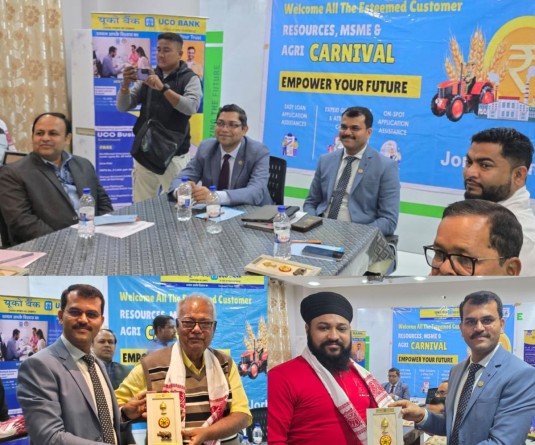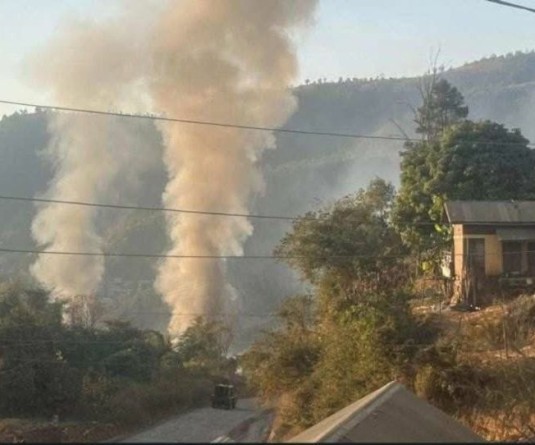Photo Courtesy: Mirza Zulfiqur Rahman
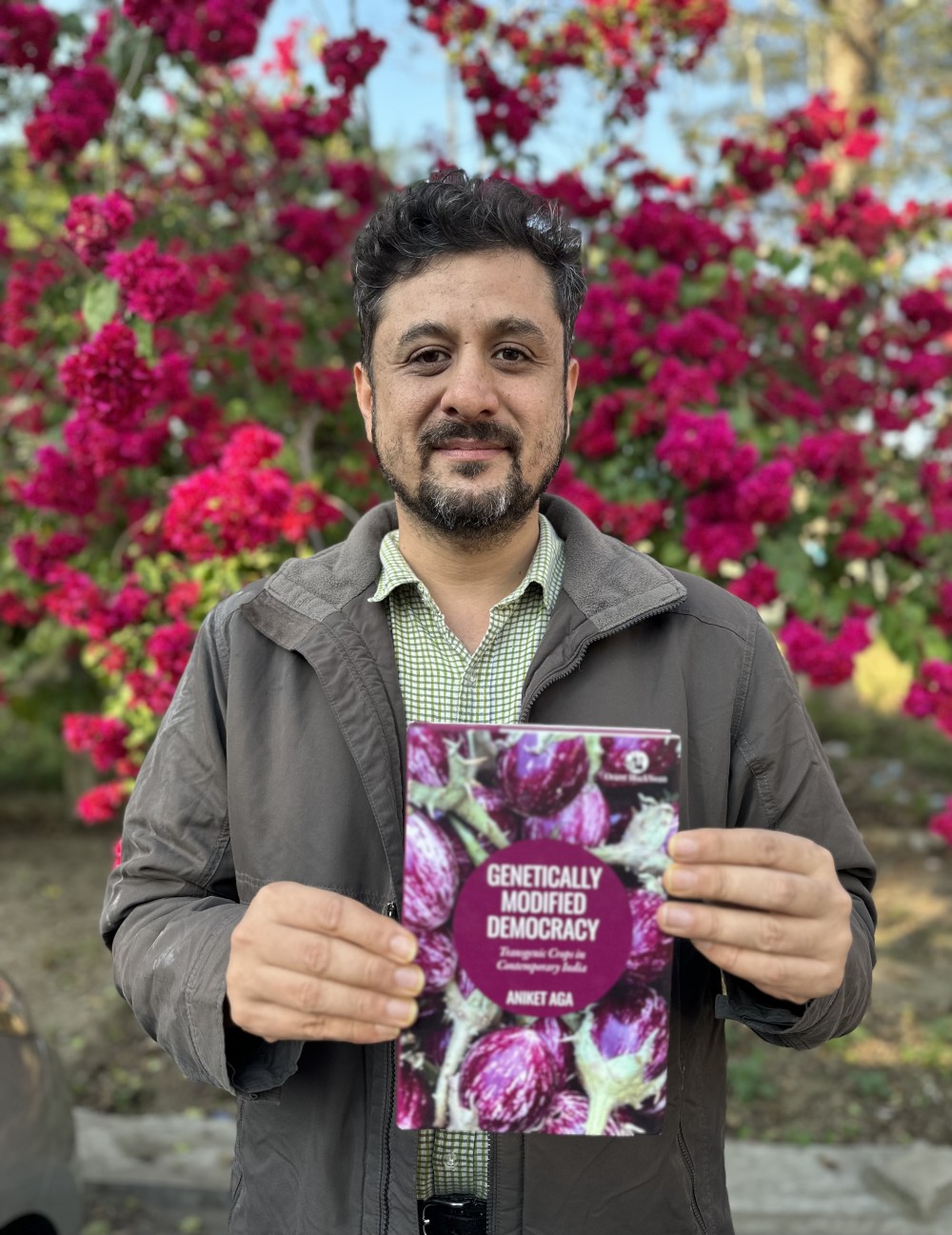
Dibrugarh, December 17 (MExN): Prof Chandan Kumar Sharma from Tezpur University hosted the Northeast India release of Dr Aga’s award-winning Genetically Modified Democracy (Yale University Press, 2021) at Dibrugarh University on Friday. The book release was part of a three-day workshop from December 14 and 16 called ‘Sustainable Futures: Agriculture, Ecology and Conservation in Northeast India,’ organized by North Eastern Social Research Centre, Guwahati and Dibrugarh University.
A press release received here stated that Dr Aniket Aga is an associate professor of environmental studies at Ashoka University. His research interests are in science and technology studies, democratic politics, and agrarian studies. He works on questions of environmental justice, food democracy, and sustainable agriculture. The South Asian edition of his book was released by Orient Black Swan in December 2021. Since its publication, the book has been exceptionally well received. Anthropologist Jacob Richardson suggests that book provides “plenty of food for thought and a fresh perspective on a long-studied debate”; and Abby Kinchy, sociologist of science, suggests that the book should be “required reading” for anyone making political points about GM crops based on the Indian experience.
In November 2022, Genetically Modified Democracy won the ‘Fleck Prize’ awarded by the international Society for Social Studies of Science which recognizes outstanding work in Science and Technology Studies. In its award citation, the prize committee stated that the book “is a masterful and thoroughly researched account of the making of GMO biotechnology in India and the concurrent emergence of novel matters of concern and governance forms fueled by calls for equity and justice.”
At the book release, reiterating words from his book, Dr Aniket Aga said, “Our focus must remain on urgent questions of food democracy, agricultural sustainability, health, and justice, rather than any one particular technology.”In his book discussion, Prof Chandan Kumar Sharma added, “Land is becoming commodified increasingly in the region. It poses a great challenge to the biodiversity in the hills, the crops that people cultivate, and will accentuate the problem of food insecurity. The production, consumption, and preservation of food often involve the local community. Therefore, the whole rhythm of the community might also be affected when food cultures disappear.”
‘A few days ago, the Nagaland Governor had urged the youth to venture into agriculture expeditiously. He assured that the Nagaland government is committed to provide seeds, manure, and pesticides, if needed,’ the release stated. ‘The government will also ensure market linkages, transportation, and modern facilities to encourage agro-business in the state. He mentioned out that farmers should be issued land cards to receive advice of crop selection for their soil,’ it stated.
Last month, President Murmu said that the Northeast has the potential to become the organic basket of the country. It is important to note that drought conditions in 2021 and erratic rainfall in 2022 have affected paddy yield in Nagaland for two consecutive years now, the release also stated.
Nevertheless, Nagaland and other states of Northeast India are rich in biodiversity, farming traditions and food cultures. To improve farmers’ income and guarantee long-term ecological sustainability of the region, agricultural policies must promote decentralized, diverse food systems attuned to the region and its aspirations. “Oil palm and other monoculture plantations are ecologically devastating and are already contributing to conflicts with wildlife in Northeast India,” it reiterated.


